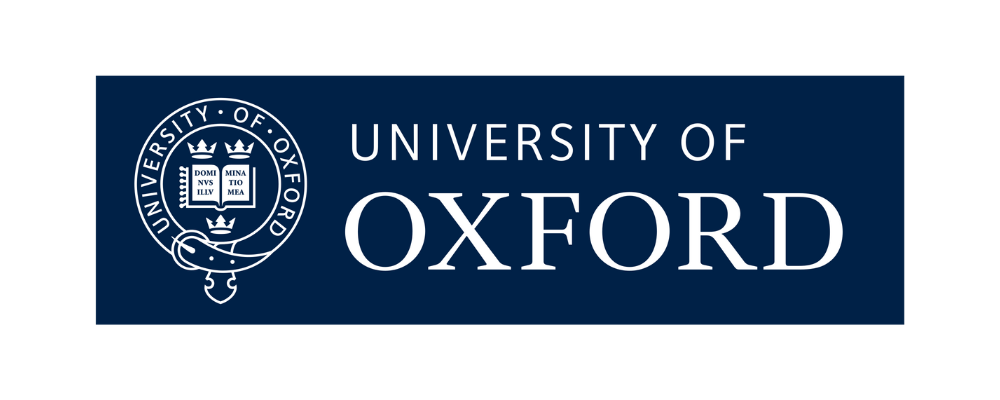
This year’s report pushes us to look beyond traditional determinants like health and wealth. It turns out that sharing meals and trusting others are even stronger predictors of wellbeing than expected.
In this era of social isolation and political polarisation we need to find ways to bring people around the table again — doing so is critical for our individual and collective wellbeing.
Jan-Emmanuel De Neve, director of Oxford’s Wellbeing Research Centre and an editor of the World Happiness Report
The latest findings, published today to mark the UN’s International Day of Happiness, rank the world’s happiest countries while also providing valuable interdisciplinary insights into the wellbeing and happiness of people across the globe.
The country rankings are based on a three-year average of each population’s average assessment of their quality of life. Experts from economics, psychology, sociology and beyond then analyse and seek to explain the variations across countries and over time using factors such as GDP per capita, healthy life expectancy, having someone to count on, a sense of freedom, generosity and perceptions of corruption. These factors help to explain the differences across nations, while the rankings themselves are based solely on the answers people give when asked to rate their own lives.
The 2025 country happiness rankings reveal:
-
Continued upward trends for countries such as Lithuania (16th), Slovenia (19th) and Czechia (20th) underline the convergence of happiness levels between Eastern, Central and Western Europe.
The 2025 report also outlines that believing others are willing to return your lost wallet is a strong predictor of population happiness, with Nordic nations once again topping the world’s happiest countries list while ranking among the top places for expected and actual return of lost wallets.
However, global evidence on the perceived and actual return of lost wallets shows that people in general are much too pessimistic about the kindness of their communities compared to reality, with actual rates of wallet return around twice as high as people expect.
Further findings include:
“The University of Oxford is a collegiate research university in Oxford, England. There is evidence of teaching as early as 1096, making it the oldest university in the English-speaking world and the world’s second-oldest university in continuous operation.”
Please visit the firm link to site


